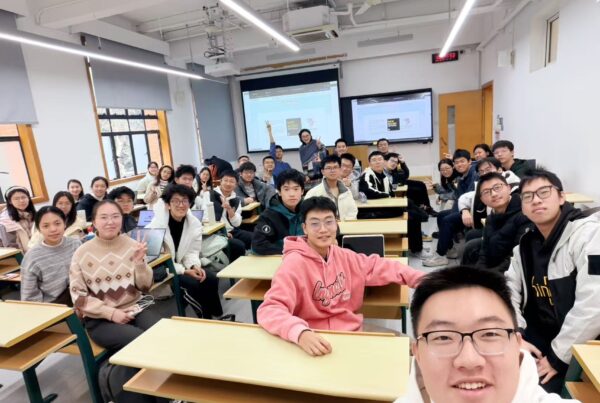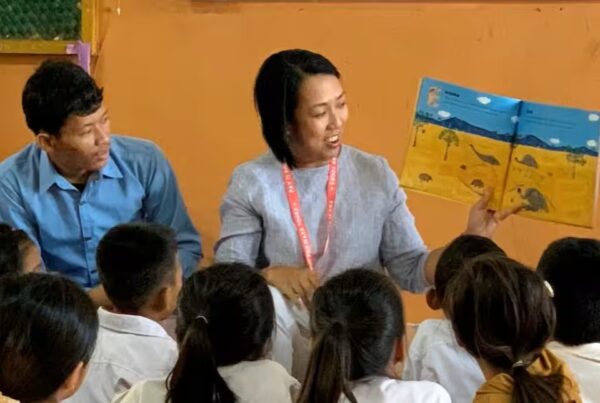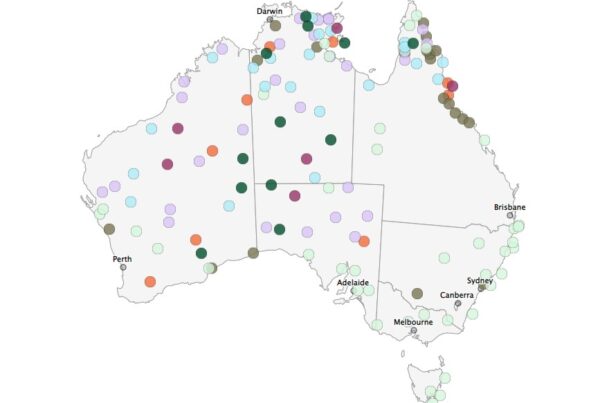speaks with Dr Amy McHugh, an Academic Facilitator at the National Centre for Cultural Competence at the University of Sydney. Dr McHugh’s research focuses on the roles of technology and motivation in the continuous pursuit of cultural competence, and she facilitates workshops for both staff and students at the University of Sydney on these topics while working as the unit coordinator for the centre’s Open Learning Environment (OLE) “The Fundamentals of Cultural Competence.” She also teaches online courses to undergraduate and graduate students in intercultural communication for the State University of New York at Oswego.
In this episode, Brynn and Amy discuss Amy’s doctoral thesis entitled “Learning From Student Perceptions and Peer Feedback in a Virtual Exchange: Reconceptualizing Intercultural Competence as ‘ICCCSA’ – Intercultural Competence as a Co-Constructed and Situated Achievement”. This thesis explored Collaborative Online International Learning (COIL) and its influence on (inter)cultural competence in digital spaces.
If you liked this episode, leave a 5-star review on your podcast app of choice and be sure to say hello to Brynn and Language on the Move on Bluesky! Also be sure to check out the Intersectionality Matters Podcast, the National Centre for Cultural Competence and How to be Anti-Racist by Dr Ibram X. Kendi.
Transcript (coming soon)







 This work is licensed under a
This work is licensed under a